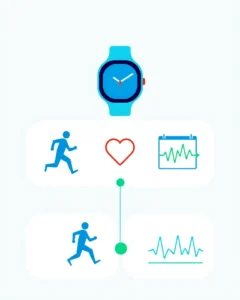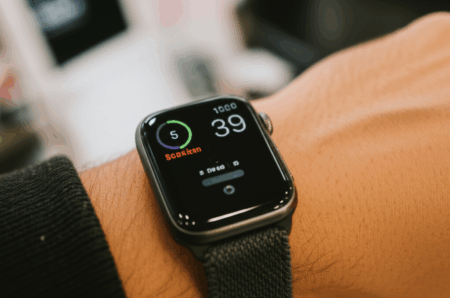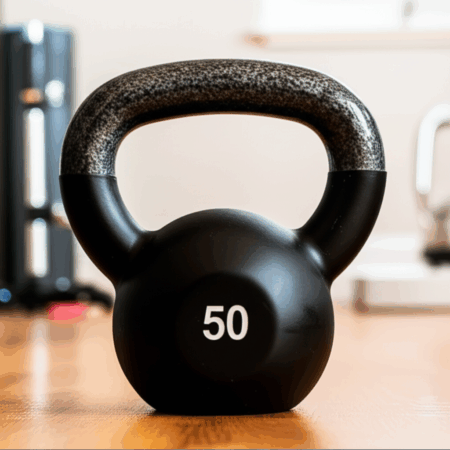Peloton’s high-octane instructor, Alex Toussaint, has carved a formidable niche in the fitness world, inspiring millions with his electrifying energy and no-excuses philosophy. Beyond the pulsating beats and challenging rides, Toussaint’s approach to fitness is deeply rooted in principles of unwavering discipline and a mindful pursuit of balance. As the fitness landscape evolves, particularly with the rise of artificial intelligence, his insights offer a compelling perspective on how these timeless virtues will intersect with future technological advancements.

The Pillars of Purpose: Discipline and Consistency
For Toussaint, discipline isn’t merely about showing up; it’s the bedrock upon which all achievement is built. His military school background instilled in him a profound appreciation for structure and order, which he now applies rigorously to his fitness regimen and his motivational coaching. He famously asserts that “discipline will carry me when motivation won’t,” acknowledging that even he, a beacon of fitness, experiences days lacking motivation. On such days, he leans on established habits—like laying out clothes the night before and making his bed in the morning—to set a tone for progress.
This emphasis on consistent, small actions forming the foundation of significant progress is a cornerstone of his philosophy. It’s about developing an internal compass that guides action, regardless of external feelings. Toussaint believes in “showing up” even when not feeling one’s best, reminding himself of times when the opportunity to show up wasn’t available. This resilient mindset transforms potential weakness into a catalyst for advancement.
Cultivating a Disciplined Mindset
Toussaint’s instruction goes beyond physical exertion; he teaches for the mind, believing that if the mind is trained, the body will naturally follow. His mantra, “Feel good, look good, do better,” encapsulates a holistic approach. “Feel good” represents internal well-being and a positive self-perception that no one can diminish. “Look good” is the energy projected outward to society, and “do better” signifies extending a helping hand to others, creating a continuous cycle of positive impact. This isn’t about faking it until you make it; rather, it’s about accepting your current state while recognizing it as a leverage point for future growth.
His tough-love approach in classes is designed to break down barriers to achieve breakthroughs, pushing individuals to confront limitations and emerge stronger. It’s a testament to his belief that true growth often comes from challenging comfort zones.
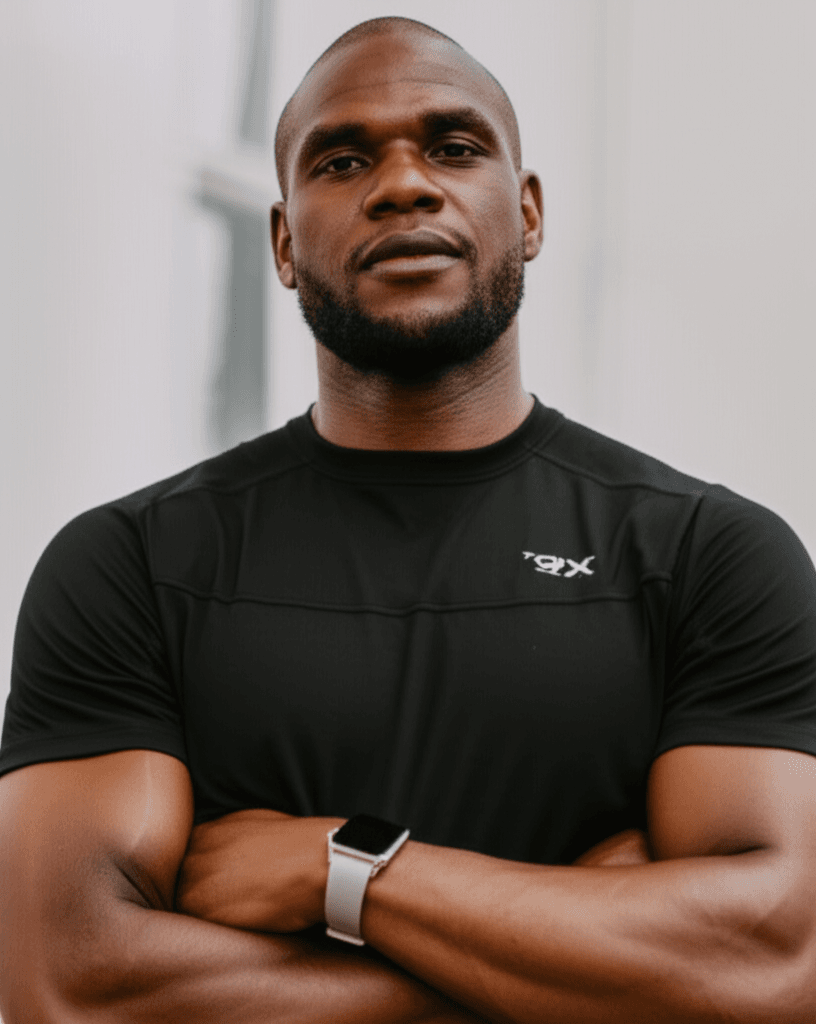
Striking a Harmonious Chord: The Importance of Balance
While discipline drives consistency, Toussaint also champions the critical role of balance, particularly in an increasingly demanding world. He recognizes the tendency to get “caught in the hustle” and the necessity of disconnecting to reconnect. This isn’t about avoiding challenges but rather strategically stepping back to allow for mental and physical recovery. He advocates for a “48-hour rule” to process emotions and setbacks, allowing himself to embrace and understand them rather than dismissing them, ensuring they don’t block the “road to greatness”. This mindful approach prevents burnout and fosters long-term sustainability in both fitness and life.
Toussaint’s personal routine exemplifies this balance. He considers his workouts at home his “workout” and his classes at Peloton his “outwork,” often completing multiple sessions in a day while still prioritizing recovery. This intentional compartmentalization helps manage the demands of his high-energy career with his personal well-being.
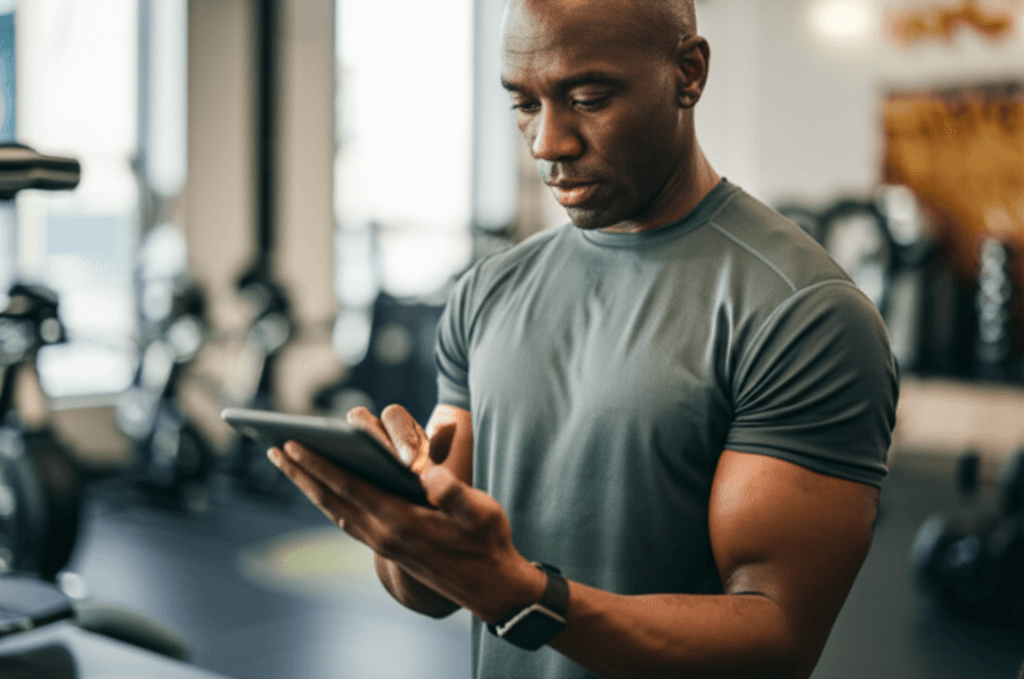
The Future Frontier: AI in Fitness
The fitness industry is currently experiencing a rapid integration of artificial intelligence, from personalized workout algorithms to advanced biometric tracking. While the provided search results don’t offer direct quotes from Alex Toussaint specifically on AI in fitness, we can infer his likely perspective based on his core philosophies and the prevailing trends.
AI’s role in fitness is increasingly focused on personalization, efficiency, and injury prevention. Technologies like smart home gyms utilize AI through sensors to track form and technique, providing real-time feedback that acts much like a personal trainer, scaling workouts or challenging users as needed. AI-powered software systems are also being integrated into gym facilities to enhance the member experience.
Given Toussaint’s emphasis on structure, personalized guidance, and pushing boundaries, he would likely view AI as a powerful tool to augment, rather than replace, the human element of fitness.
- Enhanced Personalization: AI could refine workout programs to an unprecedented degree, tailoring them to individual biometrics, recovery needs, and performance goals, aligning with Toussaint’s drive for optimal performance.
- Optimized Discipline: For those struggling with consistency, AI could provide intelligent nudges and accountability, perhaps even gamified challenges, complementing the internal discipline Toussaint advocates.
- Data-Driven Progress: AI’s ability to analyze vast amounts of data on performance, sleep, and nutrition could offer insights that help individuals achieve balance more effectively, preventing overtraining and promoting holistic well-being.
- Global Reach: Just as Peloton uses technology to connect instructors like Toussaint with a global audience, AI could further break down geographical barriers, making expert-level guidance accessible to even more people.
However, Toussaint’s focus on mental fortitude, purpose, and community suggests he would likely emphasize that AI should serve as an assistant, not a substitute, for intrinsic motivation and the human connection inherent in fitness journeys. The energy, passion, and “tough love” that instructors like Toussaint bring to their classes provide an emotional and psychological dimension that AI, in its current form, cannot replicate.
Conclusion: Activating Greatness in a Smart Future
Alex Toussaint’s enduring appeal lies in his ability to translate military-grade discipline into accessible, life-altering fitness lessons. His calls for consistent effort, a positive mindset, and strategic recovery resonate deeply in a world seeking both tangible results and sustainable well-being. As artificial intelligence continues to reshape the fitness landscape, Toussaint’s foundational principles of discipline and balance will remain more crucial than ever. AI offers powerful tools for optimization and personalization, but the ultimate “activation of greatness,” as Toussaint would say, will still depend on the human spirit’s commitment to showing up, pushing through, and maintaining a purposeful path forward. The future of fitness will likely be a synergistic blend of human grit and intelligent technology, where Toussaint’s motivational legacy continues to inspire individuals to “Feel Good, Look Good, Do Better” in every aspect of their lives.



